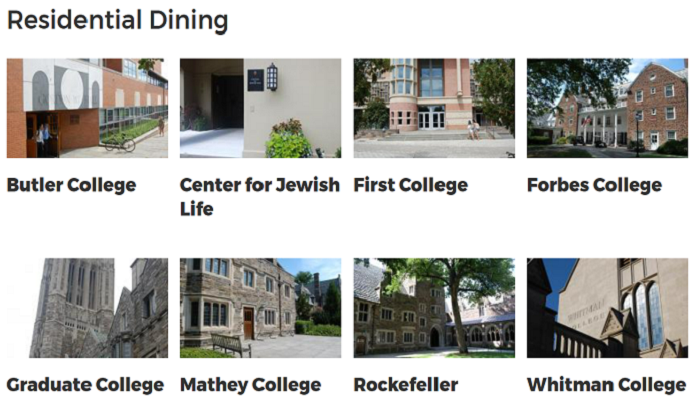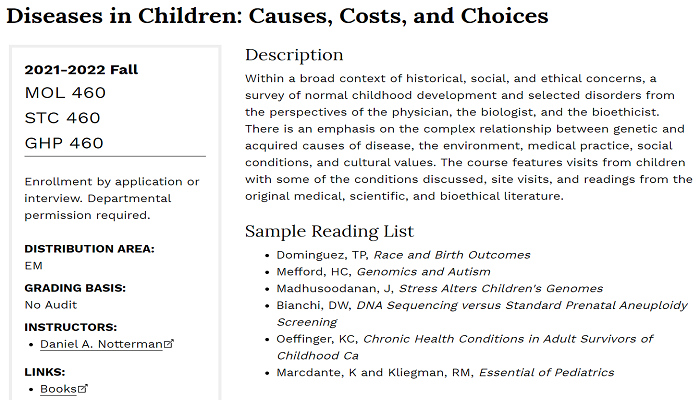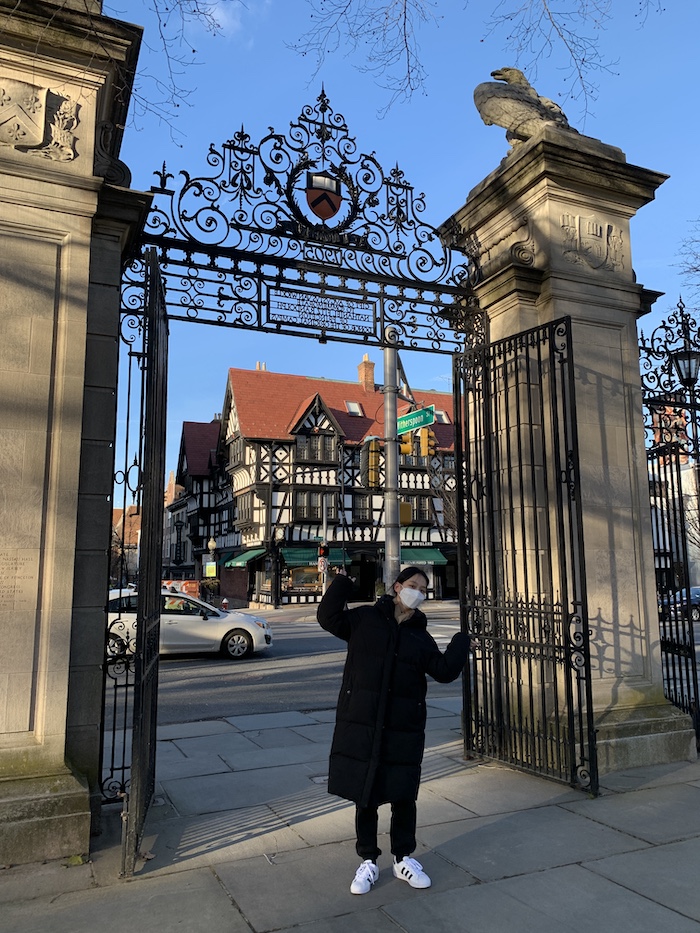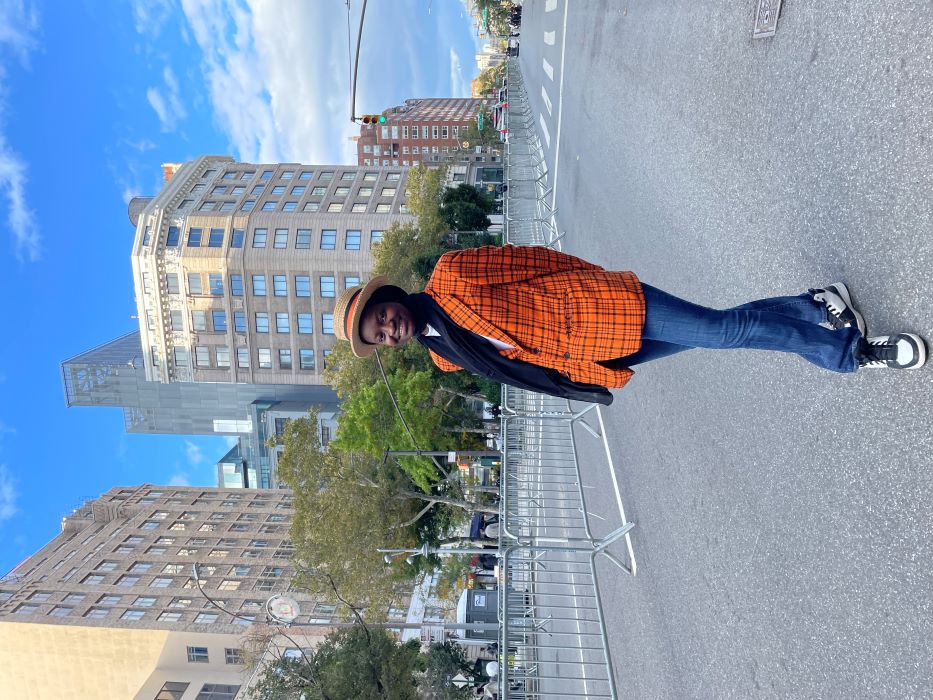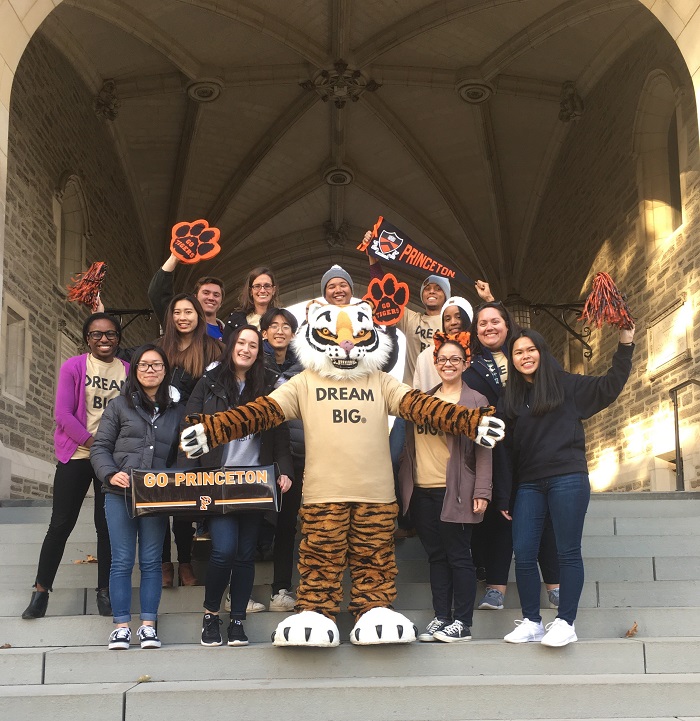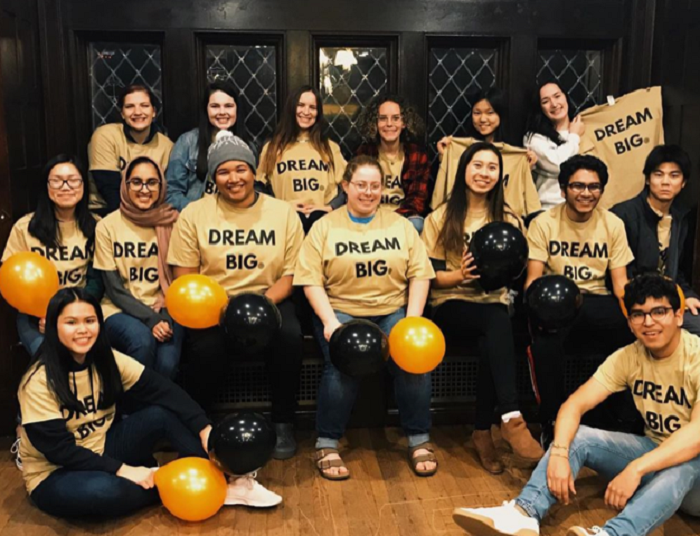Dear Great QuestBridge Match Class of 2027,
Has it sunk in yet? The fact that you are now an invaluable member of Princeton’s newest class?
It may not fully sink in until you step foot onto Princeton’s campus for orientation and your first day of classes, but regardless, I welcome you to Princeton’s Great Class of 2027!
Not to date myself, but I am a member of the QuestBridge Match Class of 2025. Even though it’s been two years since the fateful day when I matched to Princeton, I remember the process like it was yesterday: I remember the suspicion I first felt as I googled “Is QuestBridge a scam?” I remember the feverish race to submit all of my supplements by November 1st. Most clearly of all, I remember the day I received my match letter. I remember my hands shaking as I opened the email notification and the adrenaline that coursed through my body as I realized that everything I had been doing for the past four months—heck, the past four years—was about to culminate with this. Exact. Moment.
As a first-generation, low income student navigating Princeton for the past two years, I have grown immensely. I’ve grown, and yet I am continuously grounded my home community and the on-campus QuestBridge community.
As I write this letter to you right now, I hope to share a core lesson I’ve learned this past semester that may serve as food for thought as you close out your high school career:
A couple weeks ago, I was participating in HackPrinceton, and I went to a team-building event to meet some of the students who had driven and flown in from all around the world.
I walked up to the first person: “Hi, my name is Aminah! What’s your name?”
“Angel,” she said, smiling.
“Angelica?” I asked, echoing back what I’d heard.
“Angel,” she clarified.
Next to me, my friend snickered, incredulous at how I could have misheard the name so badly.
But it gets worse: this happened repeatedly.
“What’s your name?”
“My name is Alayna!”
“Allison, you said?”
At this point, my friend was dying of laughter. “Wow, you’re really playing life on hard mode aren’t you?!”
This moment from the hackathon has stayed with me, and I realize that my friend was right. In almost every way, I have always approached life assuming that it would be more difficult than it sometimes actually was. I have always assumed that I would be asked to jump through more and more hoops ad infinitum.
Now, some of this is a product of my low-income upbringing: nothing has been given to me on a silver platter and so I have come to expect struggle and pain as necessary prerequisites to my moving through the world.
What I have as a response is not some grandiose solution or overarching statement, but a question: What if life (or at least some parts of it) is actually simple? What if there are areas in your life right now where you are struggling because you think you have to, not because it is actually necessary?
You’ve done it. You are on track to become a graduate from one of the top universities in the country. You are in great hands. You have an opportunity to end high school hopefully in person, as the ramifications of the global pandemic have begun to recede.
Take this win. You’ve earned it. Congratulations!
With infinite love,
Aminah








